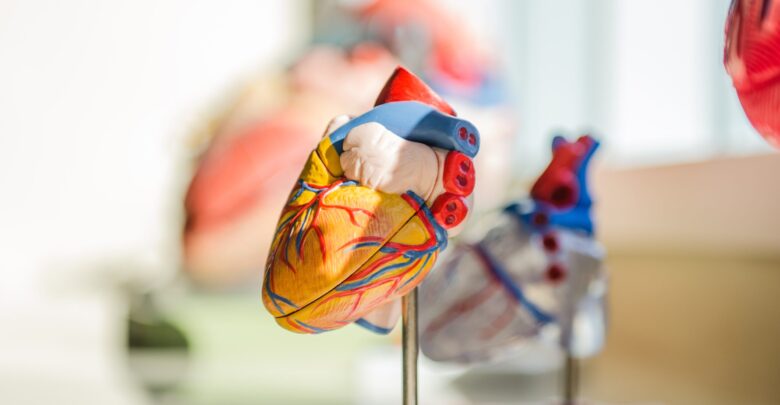 Supplied
SuppliedHeart disease is the second leading cause of death in Canada. For that reason, a University of Alberta research team intends to use artificial intelligence (AI) and machine learning to improve cardiac imaging.
Dr. Justin Ezekowitz, an associate professor of cardiology, is leading the multidisciplinary team. He explained that different clinical heart scans are performed for prevention, diagnosis, and treatment purposes. However, not all of the information from scans is fully utilized.
The team has to assemble ultrasounds, computed tomographies, magnetic resonance images (MRI), and other cardiac images taken for clinical purposes. Then they will explore the images “to understand how we can apply AI techniques to them,” Dr. Ezekowitz said.
According to Dr. Ezekowitz, this will lay the groundwork for AI to learn from cardiac images. In turn, allowing for earlier and more accurate diagnoses from clinical professionals. Right now the team isn’t looking at a singular heart condition. Rather, they’re looking at the heart and blood vessels as a whole.
“When we say we’re starting with the heart, we’re starting with a heart and blood vessel,” Dr. Ezekowitz said. “We plan to then scale it up … to other parts of the body and other organs or conditions that could be relevant.”
“What we really want to do is take a step back, and look at all heart conditions that are known. Or perhaps, unknown,” he added. The team will source the cardiac images and relevant data from Alberta’s health care system.
“We have one health care system, one source of data, and data repositories where we can rely on combining that unlike many others in the world.”
Research team plans to develop imaging platform and database in first year
Dr. Ezekowitz acknowledges that there’s a need for caution when dealing with personal health data. Because of AI’s many features, “the guardrails [they] put up have to be thought through very carefully.”
This multifaceted research spans several areas of expertise. According to Dr. Ezekowitz, the team includes experts in imaging, AI, and data science, as well as clinical disease professionals.
“None of the science that we do would be possible without terrific teams and the teams that have individual expertise. We [look] at science as a team-based activity rather than an individual-based activity. We get to learn from each other.”
He anticipates that new teams will include people outside the current one’s specialties and interests. As well, it will include people who want experience in the area.
“Part of the goal is to lay the foundation and the platform … for other scientists to grab hold and take it forward with their discoveries,” Dr. Ezekowitz said.
Supported by a nearly $1 million grant from the University Hospital Foundation, the team is planning to set up the imaging platform and database in the first year. Afterwards, they will begin to develop and refine it for clinical translation in subsequent years.
“We’re anticipating some of the findings … can be applied in different parts of the world where there are large populations of people with heart disease or at risk for having heart disease.”



